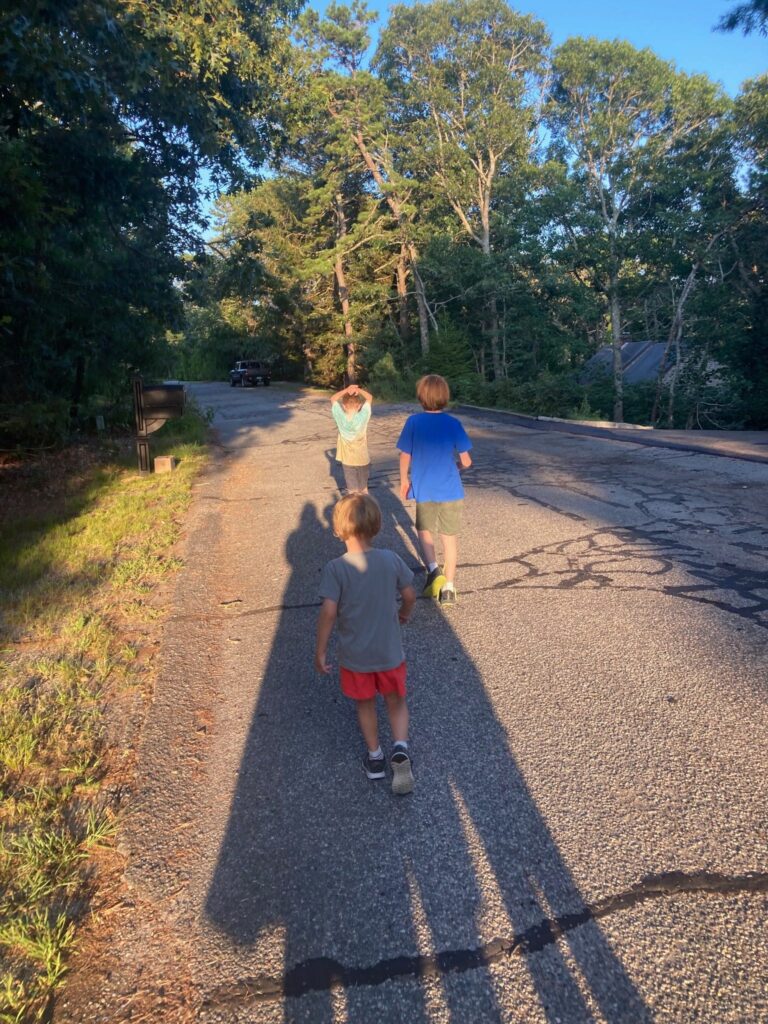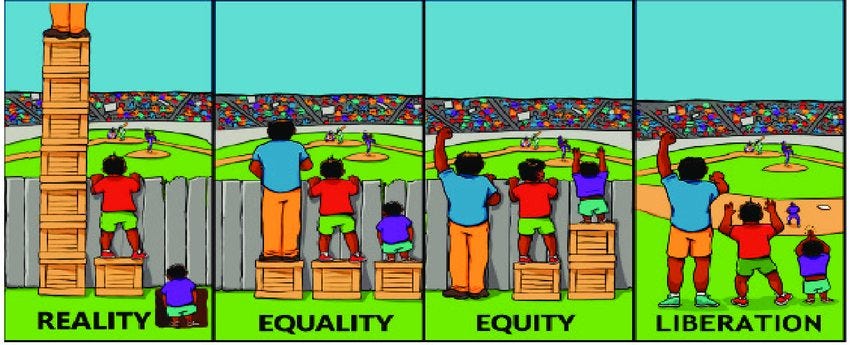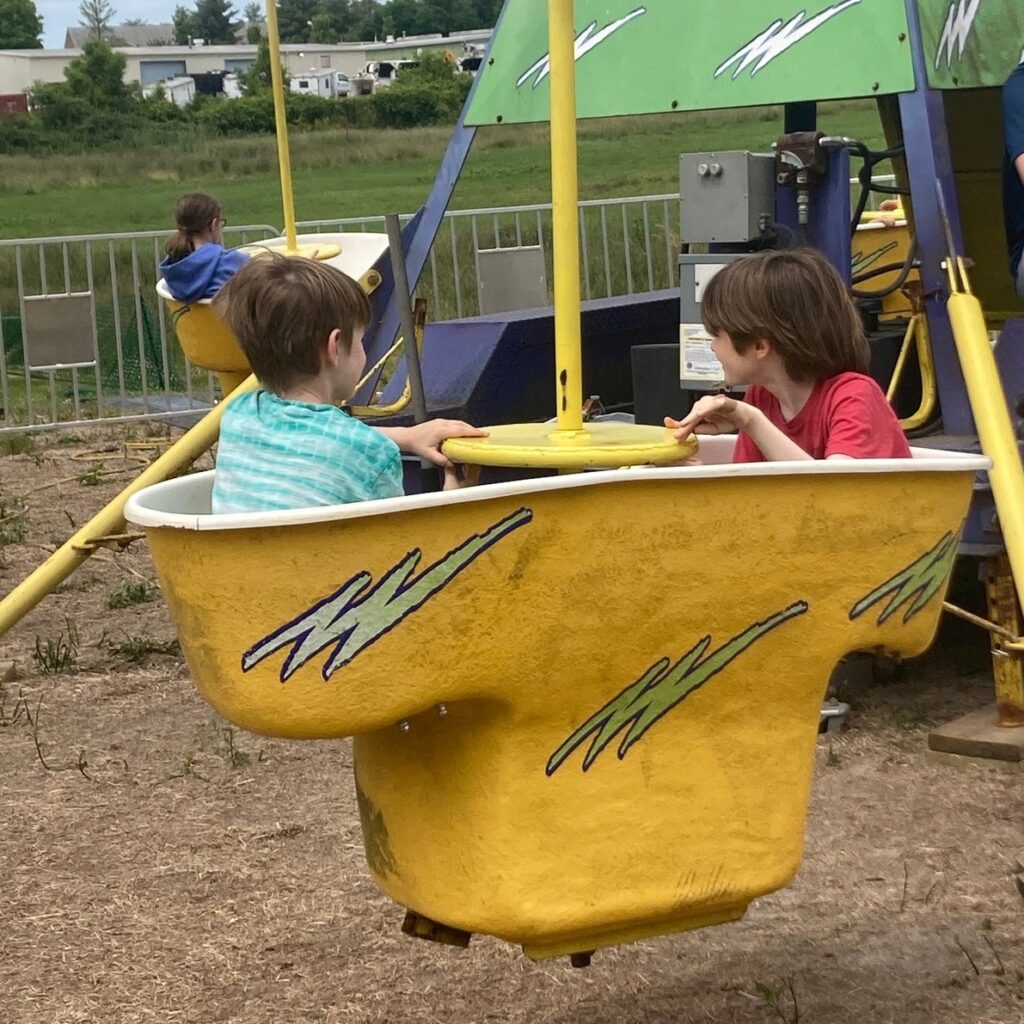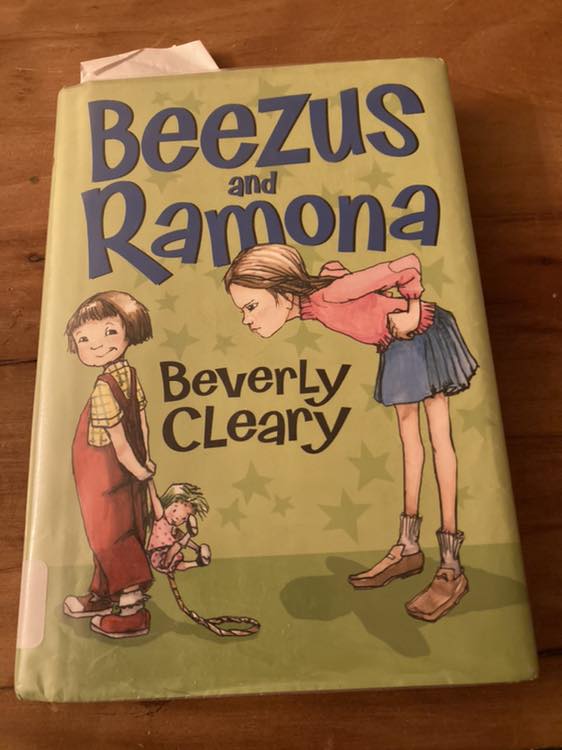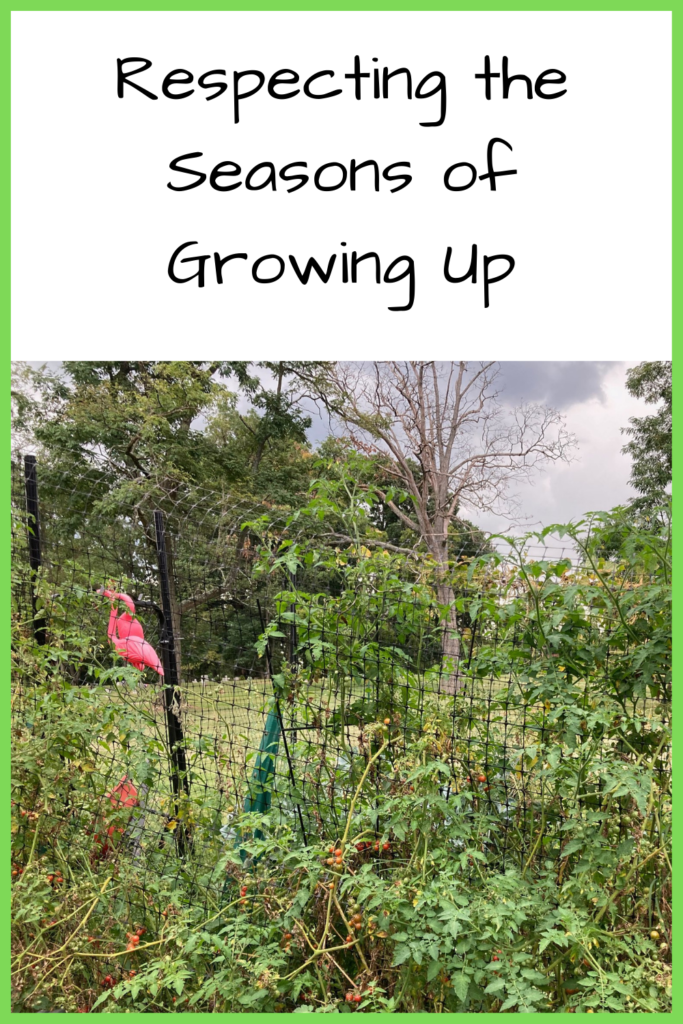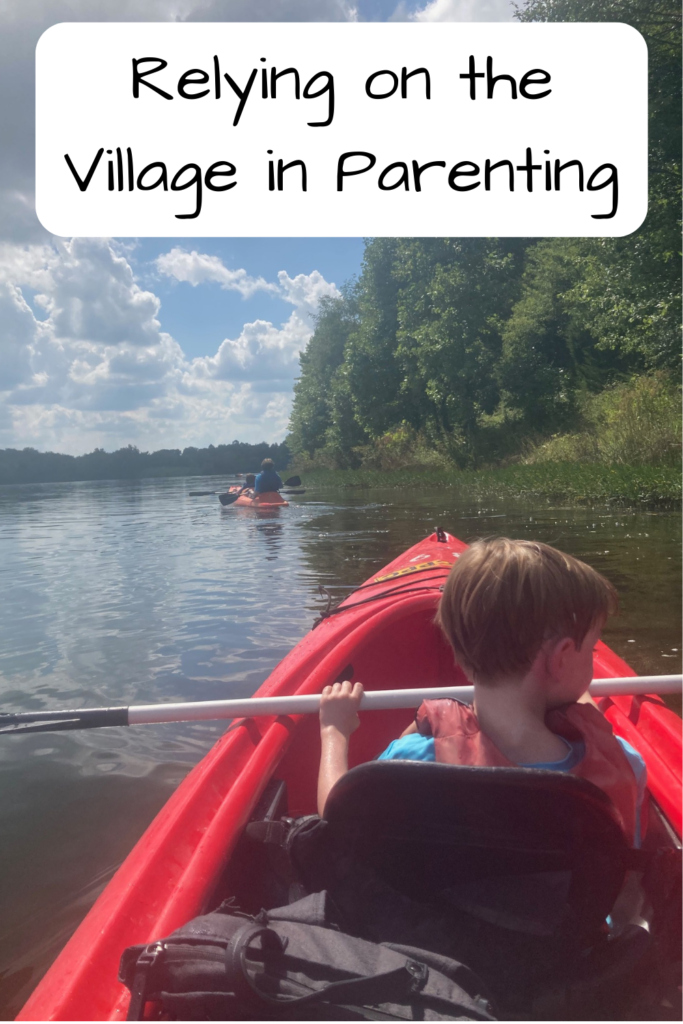
I opened and closed my mouth trying not to say anything to my younger son. Finally, I just had to. “No, not like that!” I cried, as our kayak started moving backwards. I sighed and thought, “I thought he knew how to do this?!”
My younger son was sitting in front of me in a red double kayak. I was attempting to leave shore. He dipped one side of his paddle in the water, then dipped it on the same side again, and then dragged it backwards on the surface.
“Take your paddle out!” I yelled. I struggled to figure out how to explain the sixteen different things he needed to fix, all at the same time. I tried to start with something concrete.
“Ah, ah, your hands, your hands need to be spaced the same amount apart. Can you spread them out?” I stammered as I paddled, trying to keep us from running into another boat or going backwards. As he fixed his hands, I replied, “Yes, like that.” Then thought, “Or not,” as his hands shifted exactly back to where they were before. And then his paddle was going backwards again. “Ack, no, stop paddling!”
My husband, Chris, spotted our flailing. My older son was in his kayak and while his form wasn’t perfect, he had done it before and was remembering the rhythm. My husband was in a good place to provide a metaphorical hand.
Continue reading →

